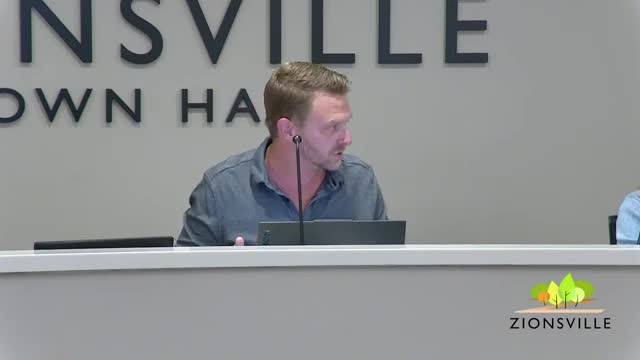Article not found
This article is no longer available. But don't worry—we've gathered other articles that discuss the same topic.
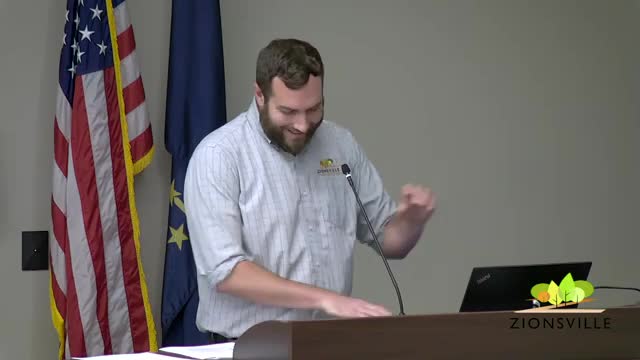
Parks staff outlines financial sustainability plan as town adviser warns of state law changes affecting local revenues
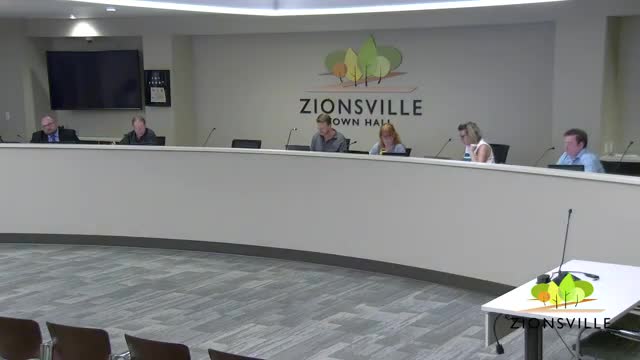
Board approves utility easement to bring power to Carpenter Nature Preserve after reroute avoids conservation easements
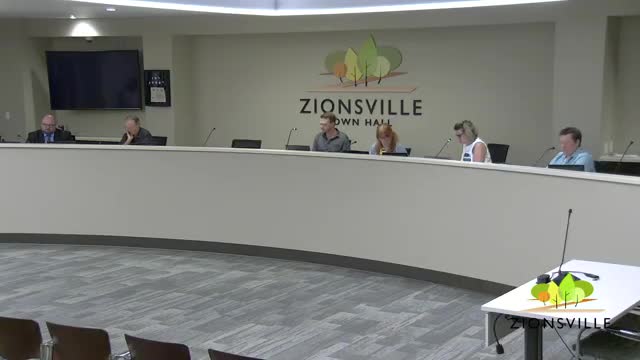
Park board approves memorandum with Hoosier Mountain Bike Association to expand and maintain local trails
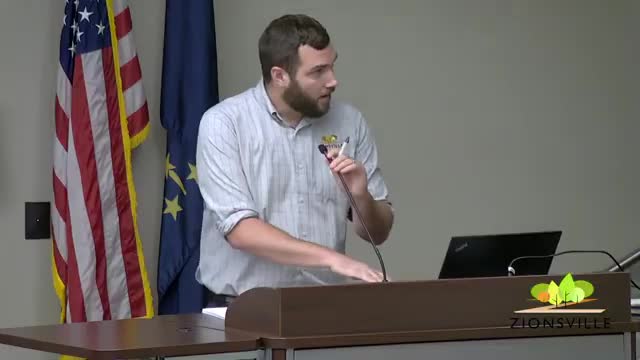
Park board rejects Lincoln Park refresh bids and authorizes build-operate-transfer procurement
